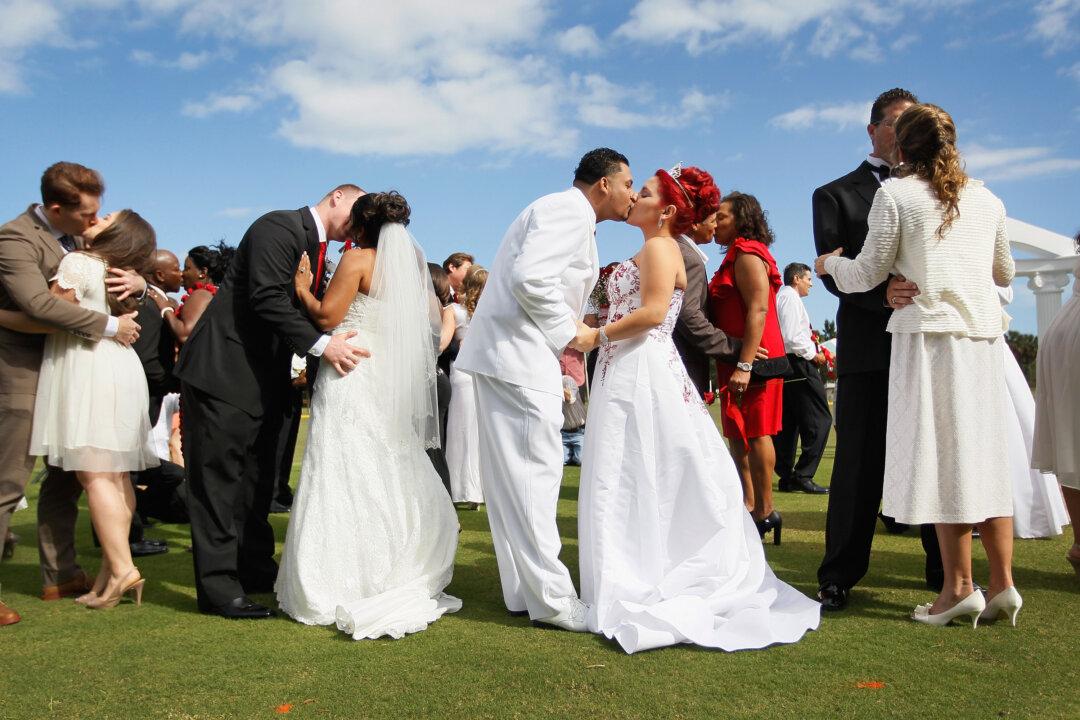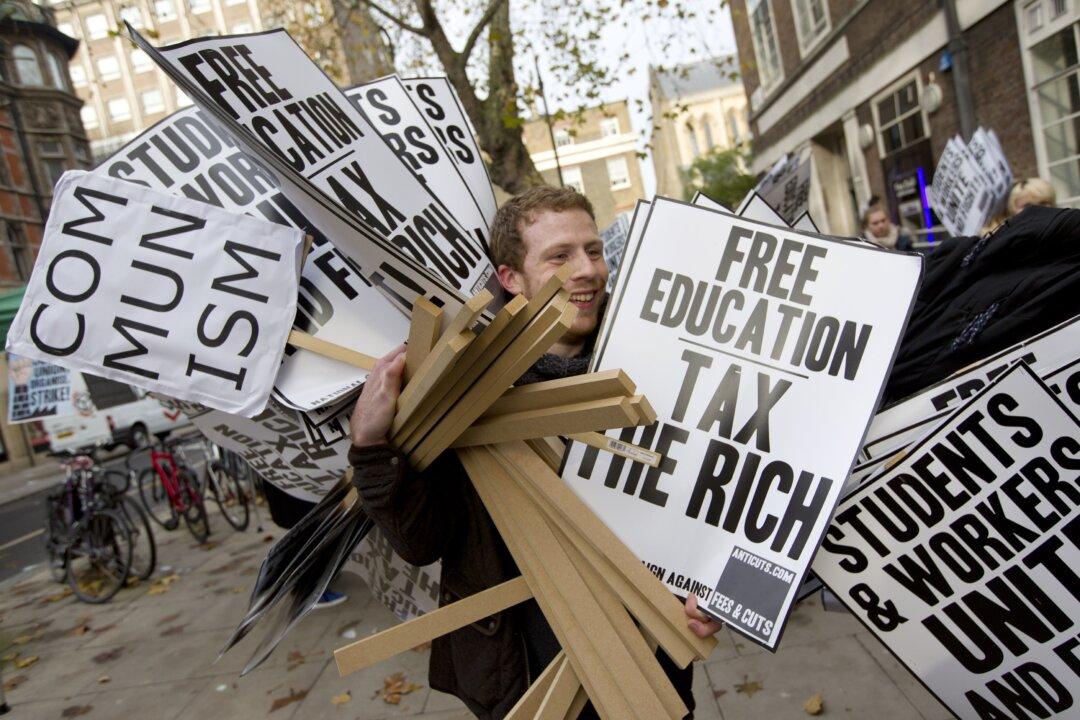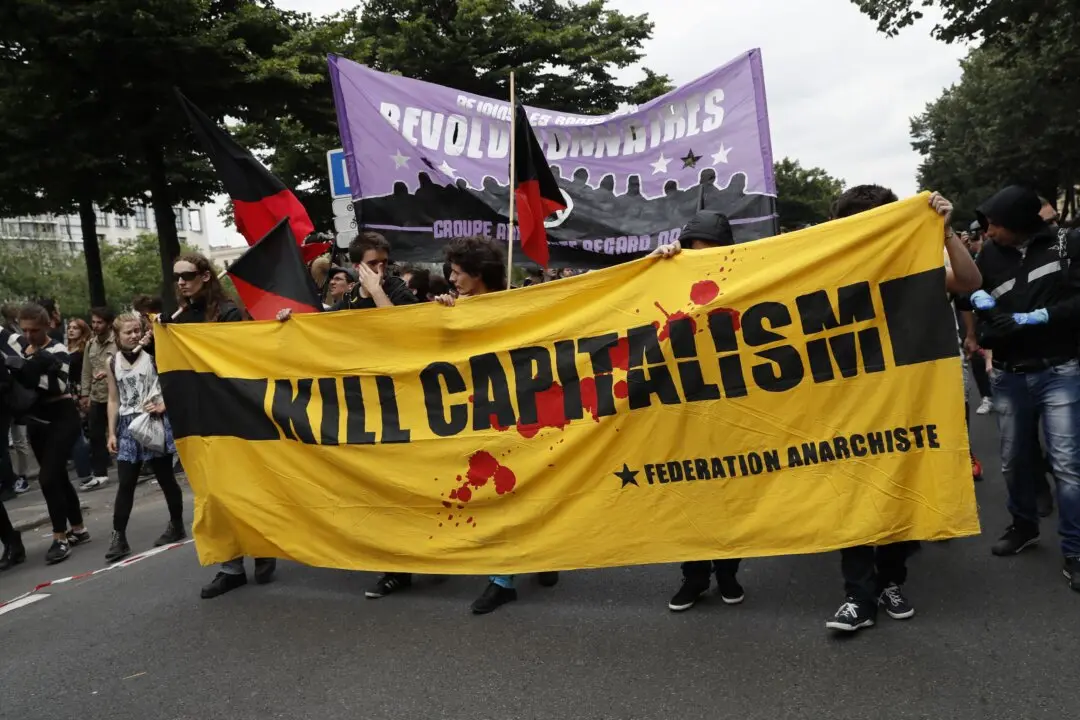The good news is that “Millennials Are Causing the U.S. Divorce Rate to Plummet.” As reported by Ben Steverman on Bloomberg.com, U.S. Census Bureau data show that millennials’ divorce rate is so much lower than baby boomers’ divorce rate that the overall divorce rate has plunged by 18 percent from 2008 to 2016.
The evidence indicates that young couples are less likely to rush into marriage and subsequently realize they had made a mistake. By waiting longer before tying the knot, millennials are increasing the odds that their marriages will last. Well done, “kids”!





